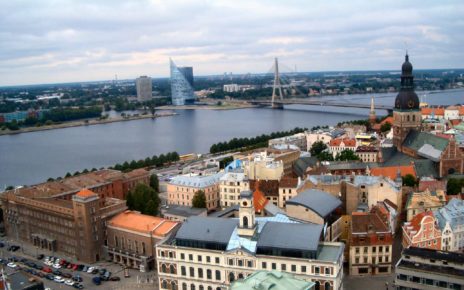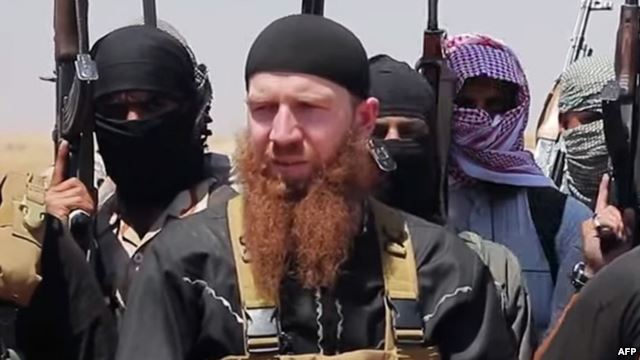By: Gemma Louise Thom
During an address to the United Russia Party congress, Vladimir Putin accepted an offer to run for Presidency in the March 2012 elections. The proposal, made by the current President, Dmitry Medvedev, came as no surprise. This decisive move will potentially allow Putin, the current Prime Minister and former President, to stay in power until 2024. The election has yet to take place; however, his re-election is virtually certain.
In the same address it was also announced that President Medvedev will take over from Putin as Prime Minister later in the year. This job trade has augmented the view that Medvedev was never actually in power but was solely a caretaker of the Presidential seat for Putin. Having served for two terms before Medvedev’s election in 2008, Putin was barred by the constitution from running for a third consecutive term, however now he is constitutionally able to run.
These announcements have caused various reactions across Russia. Putin’s supporters believe that this additional term will bring stability and a composed leadership style necessary to guide the country through predicted difficult economic times. His critics foresee more economic and political stagnation, more corruption, and the suffocation of democracy. Many have characterised Putin as power hungry and disruptive to the modernisation process needed in Russia and are disappointed in Medvedev for allowing Putin to maintain so much control.
Among these critics is Mikhail Gorbachev. He has warned that Russia risks wasting six more years of development if Putin returns. “We can assume that there will be no movement forward if there are not serious changes along the lines of a replacement of the entire system. Without this we could lose six years. I think that the future president needs to think about this very seriously.”
The most vocal resistance to this news has been Finance Minister Alexei Kudrin. Kudrin was asked to resign in response to a dispute on economic policy with Medvedev. His relations with the President have been strained for some time yet the latest news provoked his resignation. Many say that Kudrin was hoping to become Prime Minister himself and on Sunday announced that, “I do not see myself in the new government.” His resignation has produced uneasy reactions outside of Russia, where he has in the past been praised for his handling of the Russian economy during the financial crisis.
The announcement was greeted with dismay amongst the country’s liberal opposition. History has shown that opposition parties who do not speak in favour of the Kremlin or Putin struggle to gain any authority. Polls have repeatedly shown that Putin remains Russia’s most popular politician. He exudes the strong demeanour many Russians favour. Under his leadership, the United Russia Party dominates the country’s politics. Given Putin’s current stature in the country it is highly unlikely that this election will bring about a defeat for him.
What can be expected from Putin’s Presidency? During his first two terms as president, Putin established a mixed economy blending government and private business, demanding control over the “commanding heights” of the economy. He fluctuated between liberal economic reforms and a command management style. It is believed that a return to “Putinomics” is highly unlikely. Forced by a change in economic conditions, Medvedev’s Russia embarked on reforms to move away from oil dependence and towards a more liberal economy. Russia’s oil supply became very stagnant during Medvedev’s time in power and is projected to stay flat in the next decade. The profits made from oil are no longer sustaining the costs of rising living standards. Russia soon will struggle to provide these goods and services and an account deficit will eventually develop. This will force the historically highly independent state to rely on foreign lending to finance its trade deficit.
With the current economic conditions of the state people are expecting him to establish a pro-business and pro-reform cabinet. It has also been predicted that the reformist attitude seen under Medvedev will continue. A path to privatisation was already taken during his rule whereby the government announced a plan to privatise $10-billion in state assets to draw in western capital and expertise during the global financial crisis. Russia also became more open to foreign investment and is negotiating entry into the World Trade Organisation. Vladislav Surkov, deputy Kremlin chief, warned against expecting radical liberal changes in the new political era. It would be highly beneficial for relations between Russia and the West if these policies continued, as many fear Putin’s stranglehold on the economy will resume.
Further Reading: Russia’s Putin set to return as president in 2012; Putin ‘will not end Russia impasse’ – Gorbachev; Investors should fear the return of Old Russia; Economic Reforms Likely to Continue Under Putin
Disclaimer: Any views or opinions expressed in this article are solely those of the author and do not necessarily represent those of the NATO Council of Canada.



